In the Year 9 Higher groups in Maths, we have just completed the unit on Fractions. This is a unit which the students visited briefly in Year 7 and Year 8, but having started the GCSE 3- Year Scheme at the start of this academic year, the work was covered in greater depth.
We began the unit revisiting basic fraction skills, such as simplifying fractions and converting between mixed and improper fractions. We then looked at calculations involving fractions (adding, subtracting, multiplying and dividing). Pupils then applied these skills to various GCSE problem-solving questions, such as those involving area and perimeter of 2D shapes and combining the two different areas of mathematics.
Next, we looked at a new topic involving fractions – converting recurring decimals to fractions. Recurring decimals are decimals that contain a digit or a sequence of digits which repeats itself forever such as 0.33333 33333….; this would be written as 0.3
33333….; this would be written as 0.3 or 13
or 13 if written as a fraction (unlike irrational numbers whose decimals have no pattern). Pupils really enjoyed learning this as it involved transferring some of their algebra skills from earlier on in the year. Emphasis was made on the layout of their calculations to ensure working out is clear and pupils secure all the marks if it was a GCSE exam question.
if written as a fraction (unlike irrational numbers whose decimals have no pattern). Pupils really enjoyed learning this as it involved transferring some of their algebra skills from earlier on in the year. Emphasis was made on the layout of their calculations to ensure working out is clear and pupils secure all the marks if it was a GCSE exam question.




Miss Hasan
Mathematics Department
















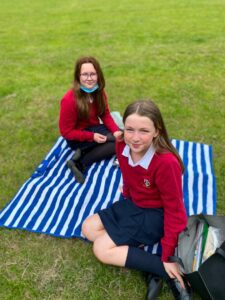
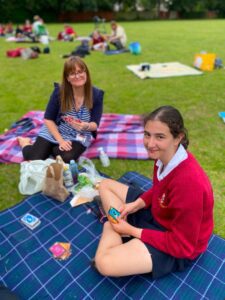
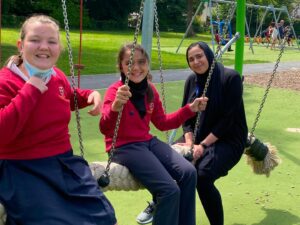
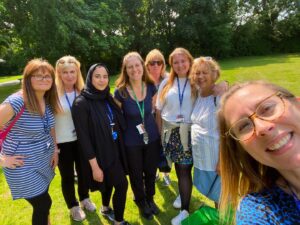
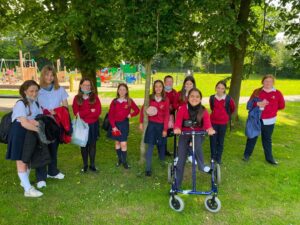
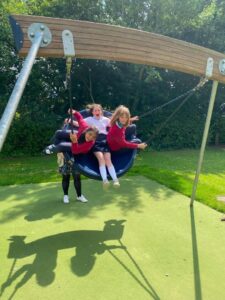
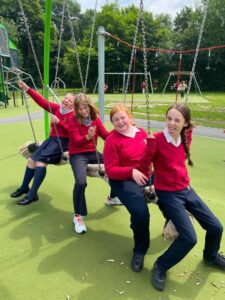
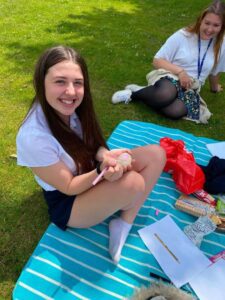
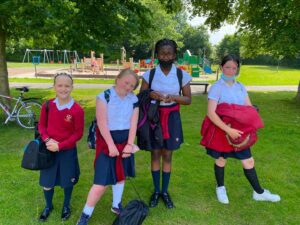
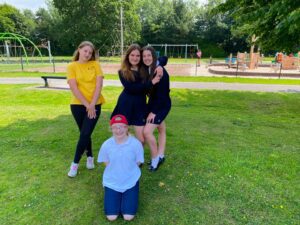
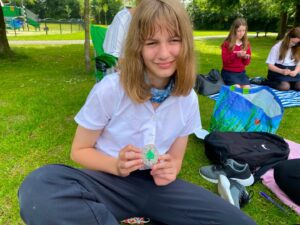

 On Friday 9th July, Year 10 and the English department went back in time to imagine what it must have been like to live during the Regency era. Following in Darcy and Elizabeth’s footsteps in ‘Pride and Prejudice’, we visited Chatsworth House to explore the House and its extensive gardens.
On Friday 9th July, Year 10 and the English department went back in time to imagine what it must have been like to live during the Regency era. Following in Darcy and Elizabeth’s footsteps in ‘Pride and Prejudice’, we visited Chatsworth House to explore the House and its extensive gardens.

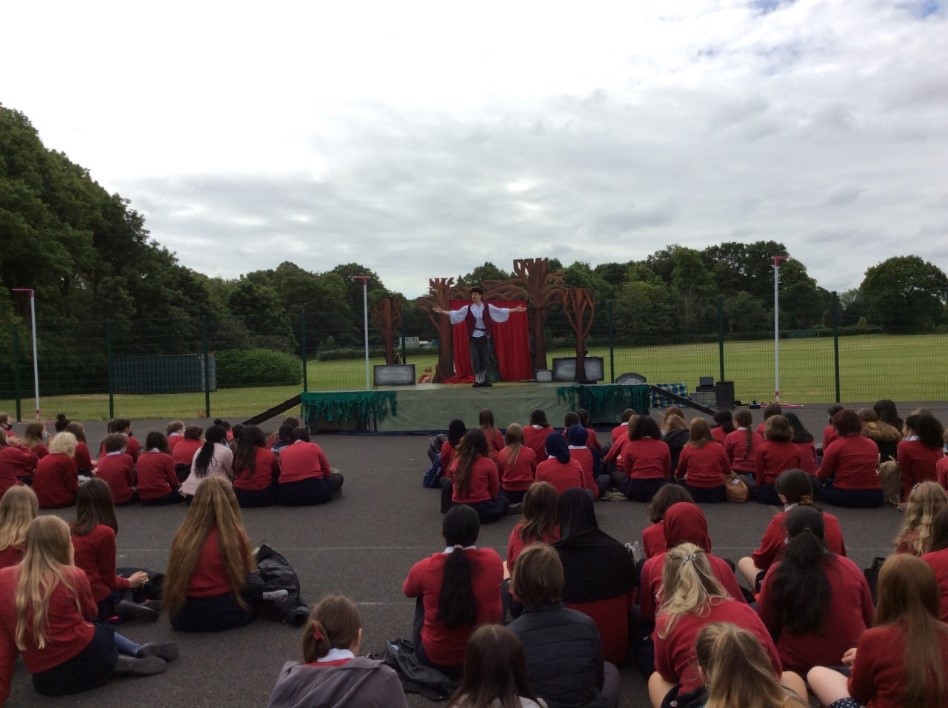

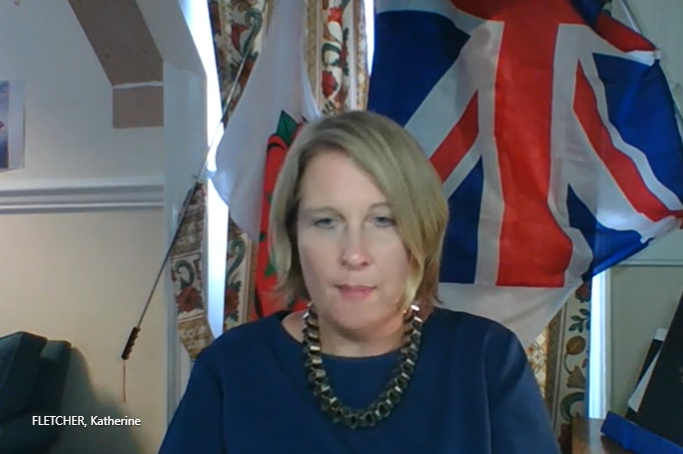 The whole of Year 10 had the opportunity to engage in a live online workshop delivered by staff from UK Parliament. During the session, students learned about the work and role of the House of Commons and the House of Lords. Students learned about the difference between UK Parliament and Government, the work of MPs and members of the House of Lords, how laws are made and how to get their voices heard.
The whole of Year 10 had the opportunity to engage in a live online workshop delivered by staff from UK Parliament. During the session, students learned about the work and role of the House of Commons and the House of Lords. Students learned about the difference between UK Parliament and Government, the work of MPs and members of the House of Lords, how laws are made and how to get their voices heard.








